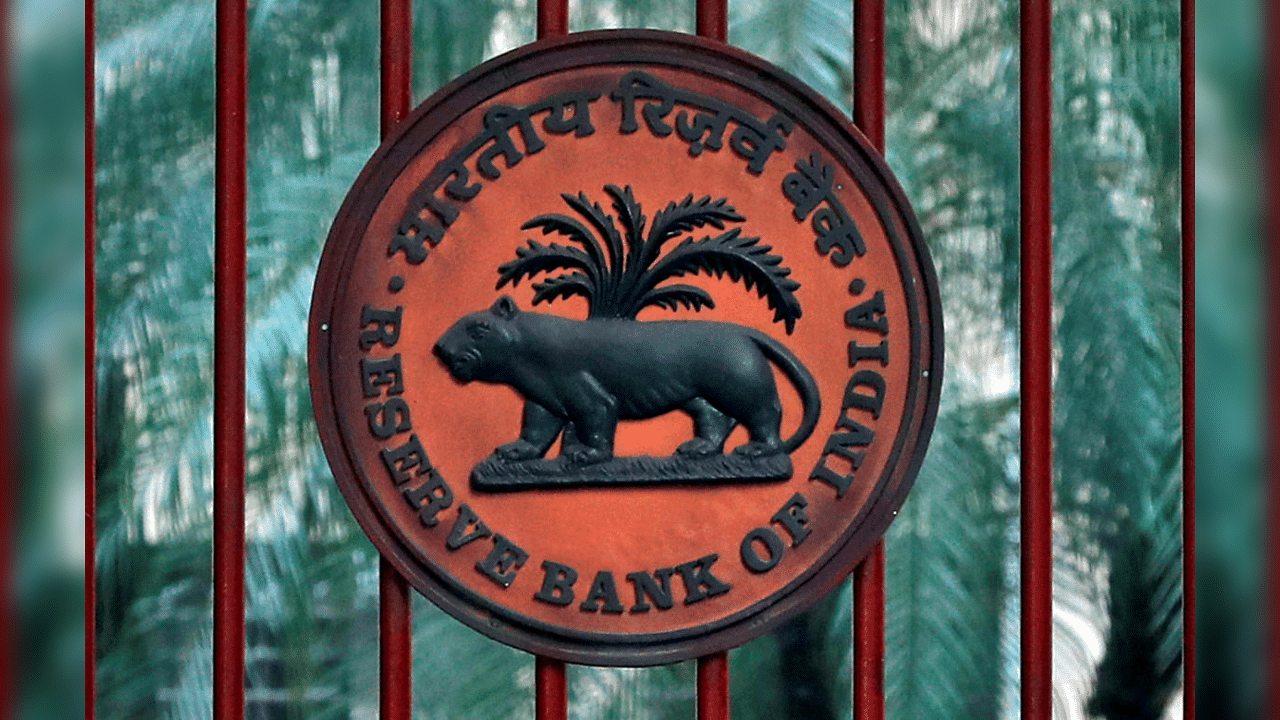
It was expected that the RBI’s Monetary Policy Committee (MPC) would leave the interest rates unchanged in the present situation, which offers both short and medium-term challenges. At its meeting on Wednesday, it decided to continue with its accommodative policy to support growth, though it took note of the inflationary pressures building up in the economy. It was only last week that the RBI’s inflation-targeting framework for the next five years was reaffirmed, with a 4% target and 2% tolerance band on the upper and the lower sides. At its meeting, the MPC also projected a GDP growth rate of 10.5% for the current fiscal. This is lower than the forecast made by the International Monetary Fund (IMF), but even this may not be easily achieved. It has noted that “the renewed jump in Covid-19 infections…could dampen the demand for contact-intensive services, restrain growth impulses and prolong the return to normalcy.’’
The MPC may have decided to adopt a stance that induces growth because of the adverse indications that are widely seen. The Manufacturing Purchasing Mangers’ Index (PMI) for March had shown that business sentiment was at a seven-month low. There have been reports that job losses have continued and ever since the Covid-19 pandemic started, there has not been a month when there was a recovery of jobs. Companies are under stress, private investment is low, exports have not returned to old levels, and other indicators of industry and business have also not been promising. Wherever some recovery has been seen, it has been uneven. The informal sector, which is much bigger than the formal sector and was more affected, is still struggling. All this made growth the main imperative of policy, and the MPC had no option. The policy statement has measures to increase liquidity in the banking system and to encourage credit off-take. The RBI’s move to step up open market purchase of government securities will also shore up liquidity, prompting recovery.
This does not mean that the RBI’s primary mandate on inflation control can be neglected. The monetary panel has observed that core inflation has shown an upward trend and reached 6%, which is the high point of tolerance. It was noted that the monsoon will influence food prices which are an important component of the price index. The committee has also underlined the need to keep the prices of petroleum products under control because they feed inflation by increasing transportation costs. Commodity prices are increasing, and that too can fuel inflation. The RBI has to be on guard on the price front, though its priority now is growth.